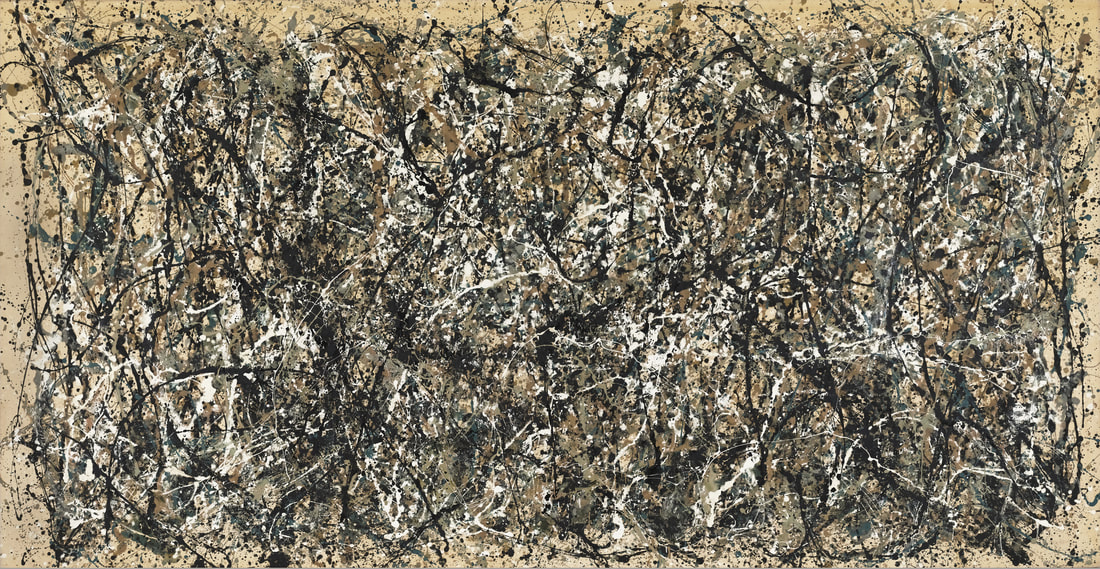|
Triptych
From the beginning you can glimpse the next. Do you remember, from the viewing platform, that climate called “all over,” a diaphanous layering and movement with no centre, no privileged area? In the darkness there, one person’s nightmare and the ocean’s tides are meshed, as is the bursting of a bubble and the clamor for a victim from the crowd, as it is in life. ‘Its colour parallels the picture plane, but does not of itself say which is forwards, what is backwards here.’But then I thought we saw an opening in whorls, which formed as when between the ceiling cracks a gap appears so when it rains a portion of your room gets wet as water in a river drifting on, the way that thoughts drift on -- only the idea of an idea, the clear symbolic rational gleaned from irrational thought, the seeming appearance of a vision--however, light is falling like fall leaves into a well and hence we can not see too well. One can’t always tell, at first, but if you take, reformat this onto a smaller page, then would the line-breaks change, and if so is this therefore what’s called prose-poem—or would it then be only prose, a draft of criticism, section of a unit not yet optimized for oily apparatus? The night condensed the dew upon the windows; the wind-blown twig-grown branches made a fading grid of scrapes, through which we only view the fog outside, where void and solid, human action and inertia are metamorphosed and refined to energy sustaining them, which is their commonest denominator. I remember what I wanted from you, I’ve given up, but still I wait, and at times the solitary spleen of grace escapes the right hand of fantasy, and the tissue of reality. Today it arced across the room, almost to the door, and mixed with the trace of paint spilled on the floor. Here forms and textures germinate and climax, coalesce, decline, dissolve across the surface with no space we recognize or sequence of known time except that seeming never ending present. Although we are not left spinning; a visualization of remorseless consolation is presented—in the end is the beginning. Eric Fretz Eric Fretz studied art history in Hampshire College and CUNY, was a National Health Service union rep in London, and now divides his time between Brooklyn and Beacon New York. He has written sporadically about both radical politics and contemporary art, and is the author of Jean-Michel Basquiat: A Biography (2010, Greenwood Press).
0 Comments
Your comment will be posted after it is approved.
Leave a Reply. |
The Ekphrastic Review
COOKIES/PRIVACY
This site uses cookies to deliver your best navigation experience this time and next. Continuing here means you consent to cookies. Thank you. Join us on Facebook:
July 2024
|




